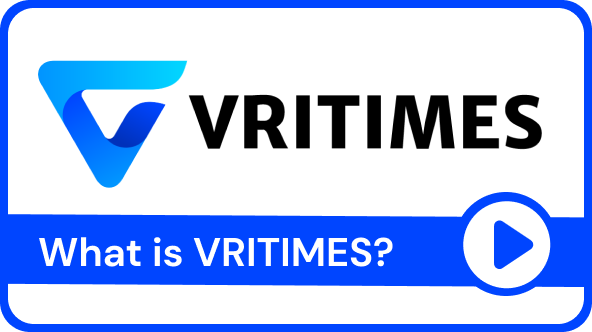/ Biosyngen's Cell Therapy BRG01 Granted Orphan Drug Designation by the U.S. FDA for Treatment of Nasopharyngeal Cancer
Biosyngen's Cell Therapy BRG01 Granted Orphan Drug Designation by the U.S. FDA for Treatment of Nasopharyngeal Cancer

SINGAPORE, June 6, 2023 - Biosyngen Pte. Ltd. (hereinafter as "Biosyngen") announced that the U.S. Food and Drug Administration's (FDA) Office of Orphan Products Development (OOPD) has granted to its application, for immune cell therapy BRG01for the treatment of nasopharyngeal cancer, the status of Orphan Drug Designation (ODD).
The FDA Orphan Drug Designation program grants orphan status to promising investigation drugs or biological products designed to treat, prevent or diagnose rare diseases or conditions affecting fewer than 200,000 individuals in the U.S. Orphan drug designation qualifies sponsors for several incentives to the subsequent development, registration and commercialization including FDA support for clinical studies, tax credits for qualified clinical trials, exemption from user fees and potential seven years of market exclusivity after approval.
Prior to this designation granted by U.S. FDA, Biosyngen's BRG01 IND application has been approved by U.S. FDA (Feb. 16th,2023) and China CDE (Dec. 14th, 2022) respectively. With this approval of ODD for BRG01, it reinforces Biosyngen's advances in technology and capability to develop first-in-class biological products addressing unmet needs for patients across the world.
Moving forward, the company will continue to live up to its mission to address unmet clinical needs and bring superior treatments to patients. From this milestone, a follow-up application for Fast Tract Designation Request of BRG01 is being planned, together with other products in Biosyngen's portfolio projected to enter IIT/Phase I in 2023, across Singapore, China and the US. The indications targeted include hepatocellular cancer, gastric cancer and digestive track cancers.
About BRG01
EBV, the first oncovirus identified, is a human herpesvirus and has infected ~95% of global population. It has been listed as Group 1 carcinogen ("Carcinogenic to humans") by World Health Organization (WHO) and proved to be associated with a range of diseases including nasopharyngeal cancer, EBV-positive gastric cancers, lymphoma and lymphoproliferative diseases. As one of the most common head and neck tumors, nasopharyngeal cancer - an epithelial carcinoma arising from the nasopharyngeal mucosal lining, is closely related to EBV infection. According to WHO, an estimated number of 133,000 new cases of nasopharyngeal cancer worldwide was reported in 2020; 50% of which was diagnosed in China. South China provinces such as Guangdong and Guangxi provinces make up for more than 60% of nasopharyngeal cancer patient population in China.
Though existing practice such as immune checkpoint inhibitor has been applied in second-line treatment of nasopharyngeal cancer, overall response rates were generally below 30%. In another words, more than 70% patients did not benefit from existing therapy. Therefore, it is imperative to explore new approaches to improve efficacy and satisfy unmet medical needs.
BRG01 developed by Biosyngen is an engineered T cell therapy, also known as a type of adoptive immune cell therapy for nasopharyngeal cancer treatment. Patients' T cells were isolated and genetically modified in a GMP-compliant facility to enhance their ability to recognize and attack specific antigens on cancer cells. The modified T cells are expanded ex vivo and infused back into the patient. The infused T cells would bind to specific antigen on the cancer cells to mediate tumor killing. The preliminary safety and efficacy of BRG01 Therapy have been demonstrated in data from exploratory clinical trials.







